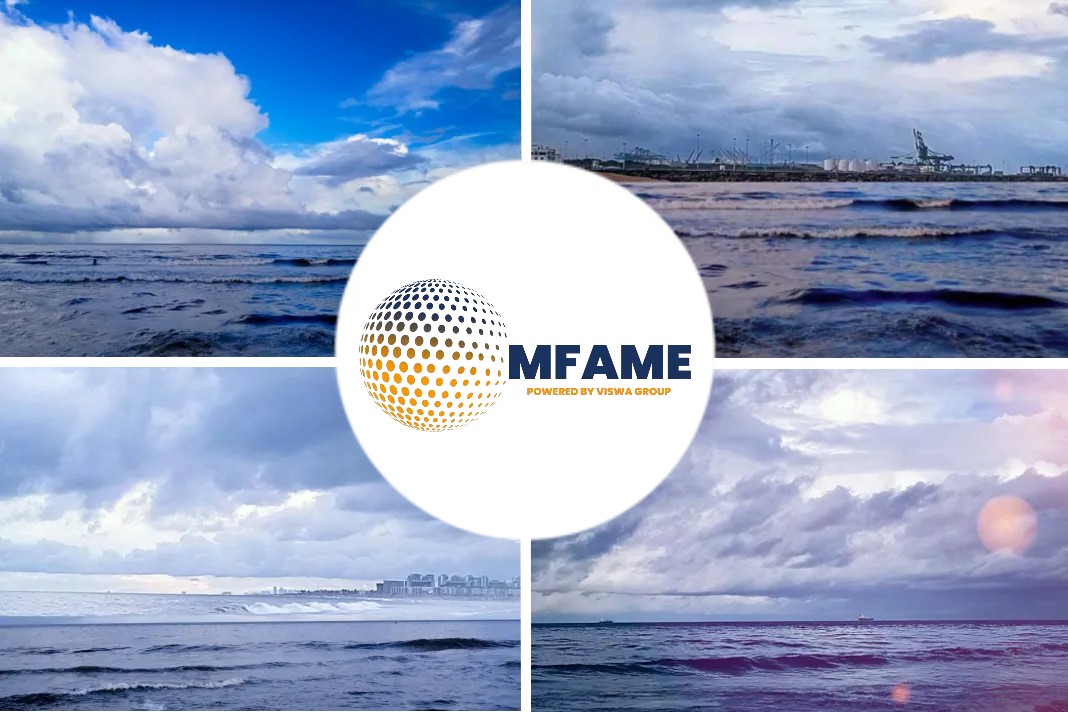- The International Maritime Organization’s (IMO) Marine Environment Protection Committee (MEPC) meeting on the sea-based sources of marine plastic was delayed until the end of the year.
- BIMCO is looking at what the shipping industry can to do reduce its plastic footprint to ensure momentum is not lost in the absence of formal discussions at the IMO.
With discussions at the International Maritime Organization’s (IMO) Marine Environment Protection Committee (MEPC) meeting (held 10 to 17 June 2021) on sea-based sources of marine plastic delayed until the end of the year, BIMCO is looking at what the shipping industry can to do reduce its plastic footprint to ensure momentum is not lost in the absence of formal discussions at the IMO, says an article published by BIMCO.
Threatening Plastic Waste Pollutions
In his address to the UN General Assembly earlier this month, Peter Thomson, UN Special Envoy for the Ocean, drew attention to the 150 million metric tons of accumulating plastic waste, microplastics and discarded fishing gear that has been dumped into the sea. Thomson stated that “such is the extent of our dependency on plastic, that we find no silver bullet for the plague of marine plastic pollution.”
This statement was made against a background of ever- increasing plastic waste due to the Covid-19 pandemic and the delay or withdrawal of a number of national initiatives to limit single-use plastics and whilst most of the plastics in the ocean comes from land-based sources there is still a role for shipping to play to reduce its footprint.
Seawater Litter Impurities
As the eyes of the world look to Sri Lanka and the potential impact of an estimated 3000 billion plastic nurdles released from the MV X-Press Pearl, the IMO still needs to address how it will move forward, both in understanding the contribution of shipping to the marine plastic problem and what solutions might be adopted. The 76th meeting of its Marine Environmental Protection Committee (MEPC 76) held 10 – 17 June has found the Committee focussing on reduction of greenhouse gas emissions from ships. As such, member states and international observer organisations will now wait to consider a report from the Joint Group of Experts on the Scientific Aspects of Marine Environmental Protection (GESAMP) working group on Sea-based Sources of Marine Litter which looks at the contribution of shipping until later in 2021.
Second Interim Report Highlights
The report highlights that commercial shipping makes only a small contribution to the total marine plastic content of the ocean compared to other sources, with recent studies suggesting that 80% of global annual plastic emissions to the sea are from 1000 rivers. Nonetheless, while river-borne plastics are undoubtedly a major source of marine litter pollution, other sources should not be ignored and the GESAMP report (available at Sea-based sources of marine litter-A review of current knowledge and assessment of data gaps. Second Interim Report of GESAMP Working Group 43, 04 June 2020 (fao.org)) highlights that:
- The stranding of items from merchant shipping is increasing.
- Remote areas or areas around shipping lanes may be more affected by debris from shipping – and marine protected areas (MPAs) may be particularly at risk. This is highlighted by the presentation of a study that showed 55%–88% of stranded litter in six MPAs studied in the Mediterranean Sea could be traced to shipping.
- There is significant uncertainty regarding the loss of containers and the contribution to marine plastic pollution.
- Microplastics are also generated from grey water management and discharge systems and from other operational or accidental releases (such as resin pellet spills.)
BIMCO Initiatives
BIMCO has therefore taken initiatives to highlight that plastic pollution remains a significant threat to the marine environment. In light of delays in international action and discussion, BIMCO is looking at a number of initiatives to approach how shipping can reduce its plastics footprint. These initiatives include:
- BIMCO will support the phasing out of single use plastic bottles when replaced by eg fully biodegradable water bottles or onboard systems that provide safe and good quality potable water, and will be launching a campaign towards the end of this year to enable this.
- BIMCO will be running a series of activities to look at shipping and microplastics, beginning with a roundtable at London International Shipping Week that will explore grey water as a source of microplastics, and will look into the role of regulation plus examine what action owners, operators, managers and seafarers could take to reduce any impact. (see Upcoming Events – London International Shipping Week 2021) .
Did you subscribe to our daily newsletter?
It’s Free! Click here to Subscribe!
Source : BIMCO


















